Breast cancer is the most common cancer type in US women with nearly 240,000 new cases being diagnosed each year, according to data from the Centers for Disease Control and Prevention (CDC). In light of this, research into prevention, screening and new therapies to treat breast cancer remains active, however challenges related to data sharing across institutions can slow progress.
Now, the Global Alliance for Genomics and Health (GA4GH) has announced that a new resource is being made available to clinicians, researchers and patients alike to help further our understanding of heritable breast cancers associated with mutations in the BRCA genes. The BRCA Exchange contains data aggregated from multiple clinical databases on thousands of variants in the BRCA1 and BRCA2 genes.
“This project has yielded a meta-analysis of BRCA1 and BRCA2 variants collected from multiple sources to understand how experts annotate specific mutations in the two genes,” said Dr. Stephen J. Chanock, director of NCI’s Division of Cancer Epidemiology and Genetics and lead author of the paper. “There’s an urgent need for sharing data in cancer predisposition research. The BRCA Exchange is proof of principle that large-scale collaboration and data sharing can be achieved and can provide the latest and best quality information to enable clinicians and individuals to improve care.”
It’s well-known that specific mutations in the BRCA genes are associated with an increased risk of developing breast and ovarian cancers in women, however many of these variants remain uncharacterized, limiting the ability of cancer screening efforts to inform patients of their predisposition to these diseases. Complicating matters is the fact that data on these BRCA mutations has historically been spread across multiple databases – such as the Breast Cancer Information Core, ClinVar, and the Leiden Open Variation Database – as well as within individual clinical research teams and research sites, making it nearly impossible for anyone to study this data in a comprehensive manner.
The BRCA Exchange is seeking to change all that by including over 20,000 identified BRCA variants, over 6,000 of which have been characterized by the Evidence-based Network for the Interpretation of Germline Mutant Alleles (ENIGMA). Over half of these variants – about 3,700 of them – are known to be disease-causing mutations.
In addition to being a valuable, open-access resource for information on BRCA variants, the BRCA Exchange serves as an example of how collaboration and data sharing should be done. The team believes that if a project on this scale can be undertaken for breast cancer genes, there’s no reason why the same can’t be done for other cancer types and even other diseases.
The BRCA Exchange project received funding from the National Cancer Institute (NCI) and the Cancer Moonshot, and the researchers published the details of how the database was set up in a paper published in the journal PLOS Genetics. In addition to the website, BRCA Exchange data is also available through a free mobile app.
So, what’s next for the team behind the BRCA Exchange?
“Ongoing work includes direct contact with national centers with access to BRCA1 and BRCA2 diagnostic data to encourage data sharing, development of methods suitable for extraction of genetic variation at the level of individual laboratory reports, and engagement with participant communities to enable a more comprehensive understanding of the clinical significance of genetic variation in BRCA1 and BRCA2,” said the authors in their publication.


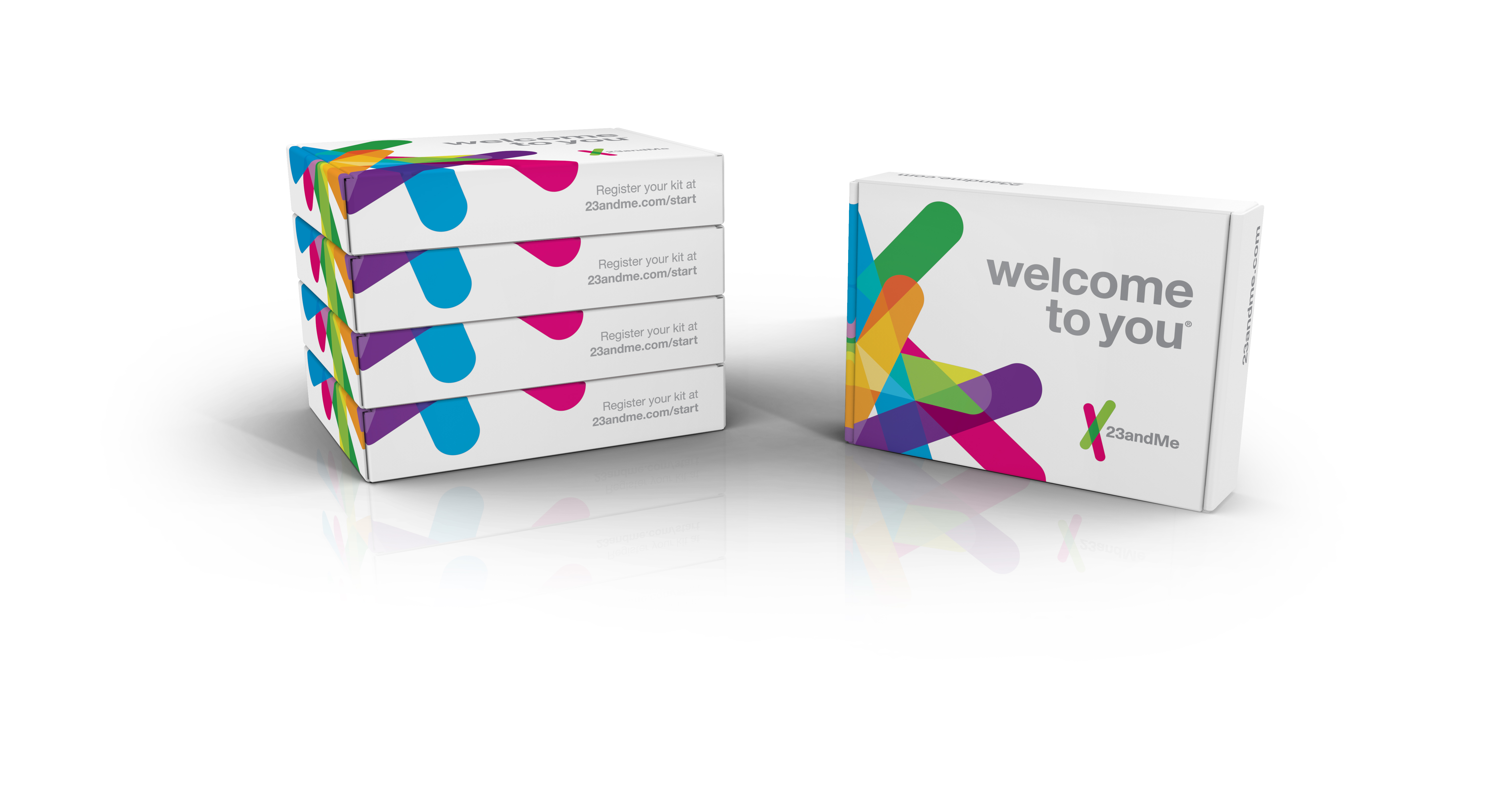
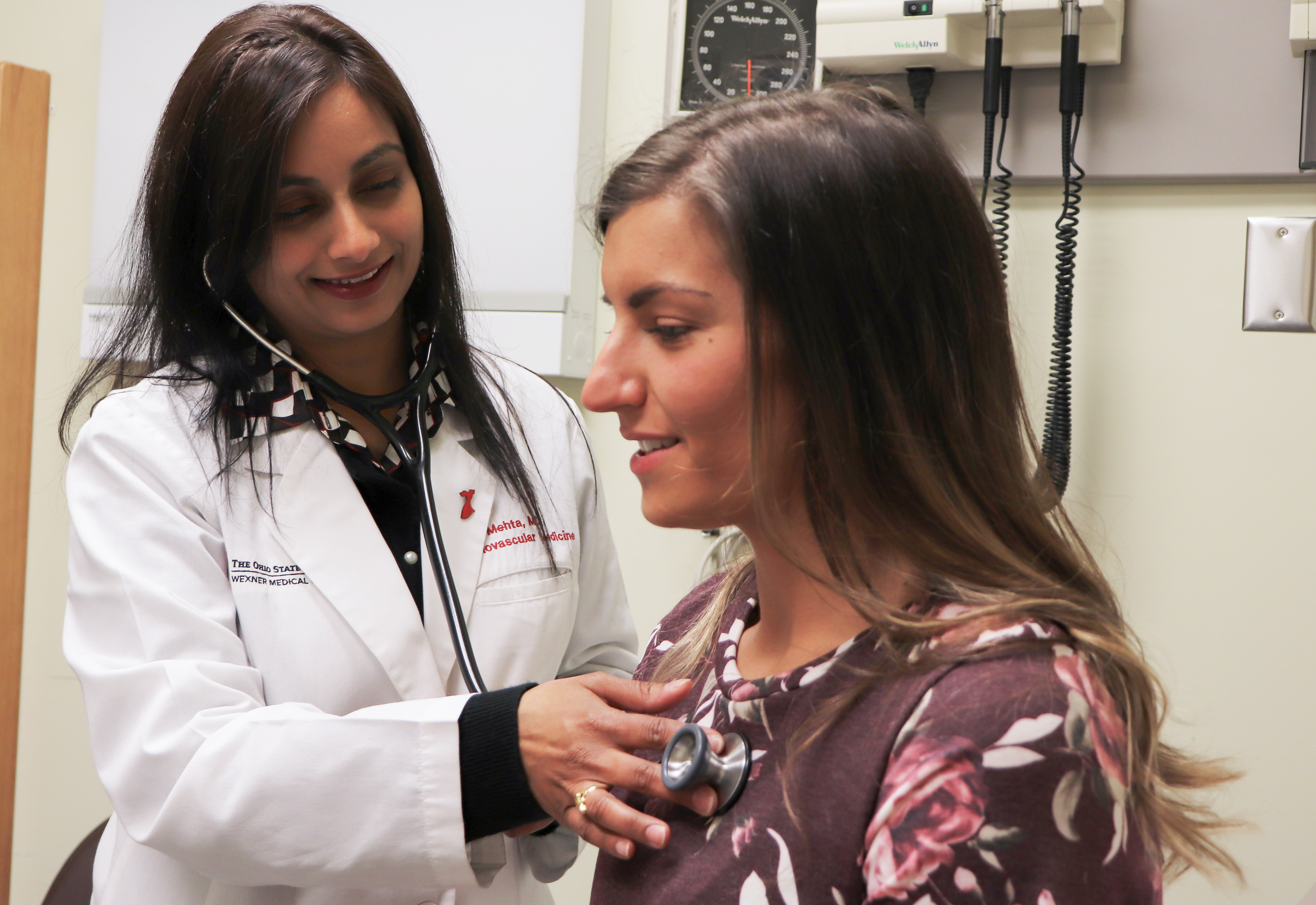

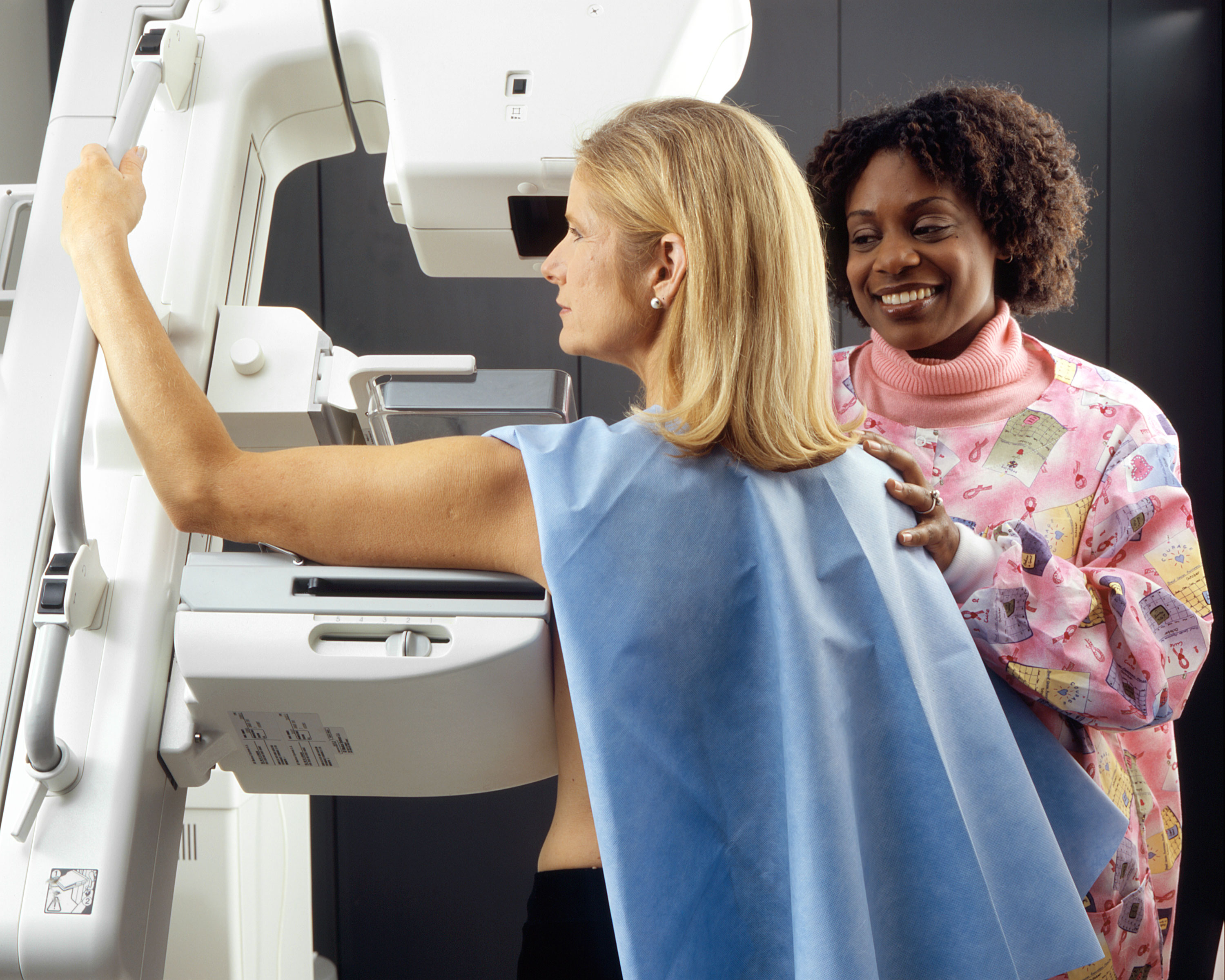
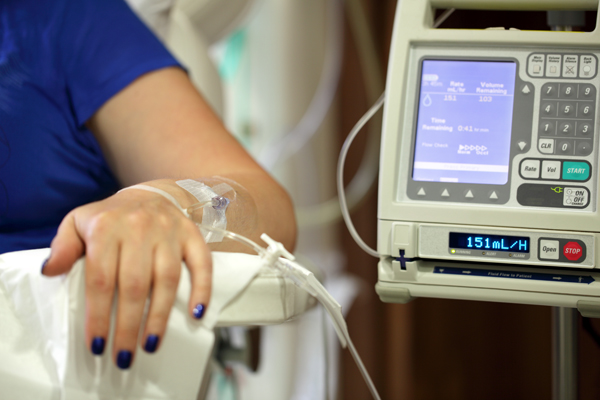




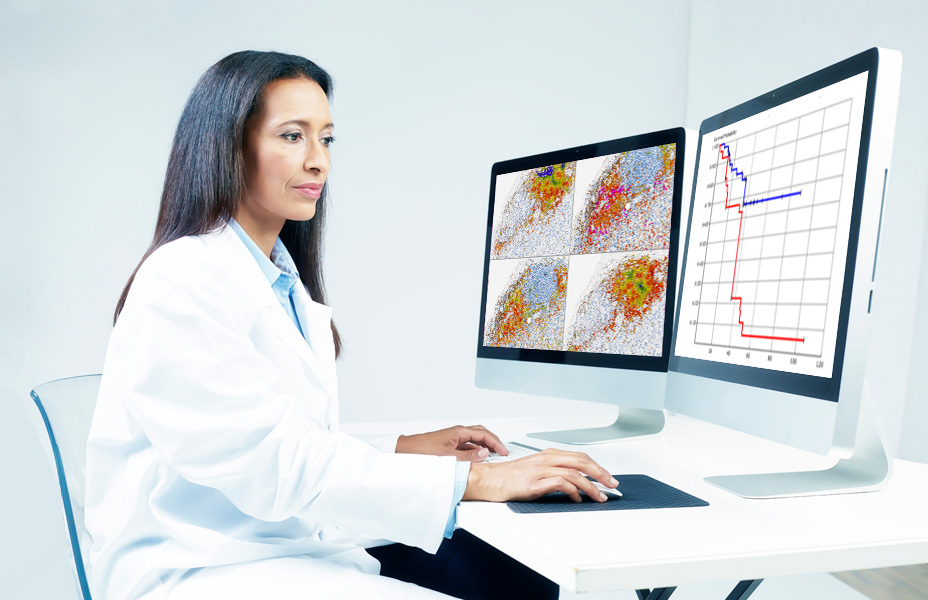
Join or login to leave a comment
JOIN LOGIN